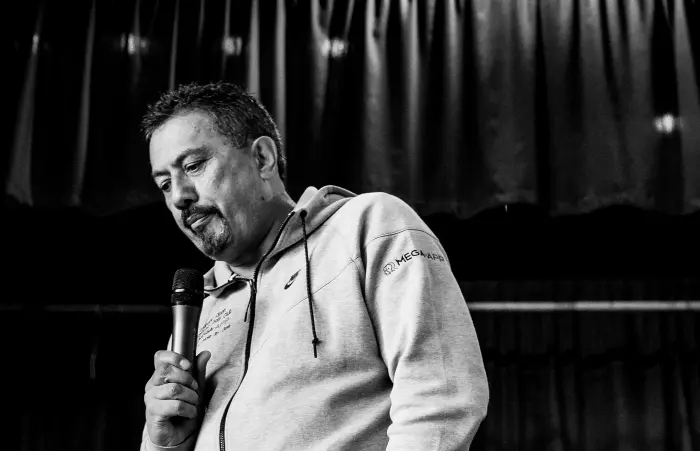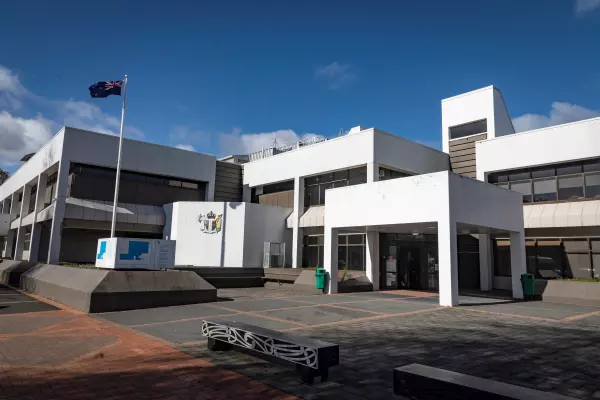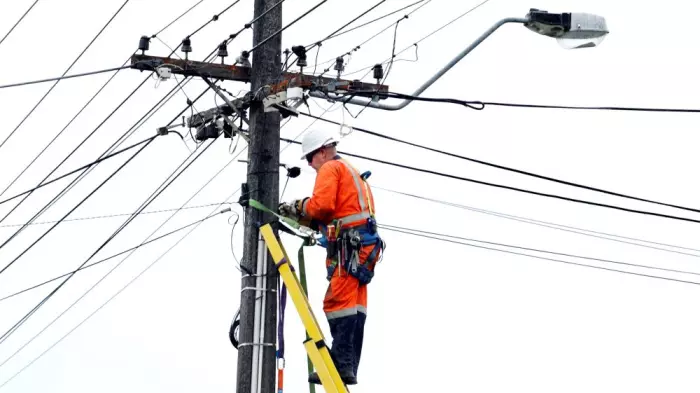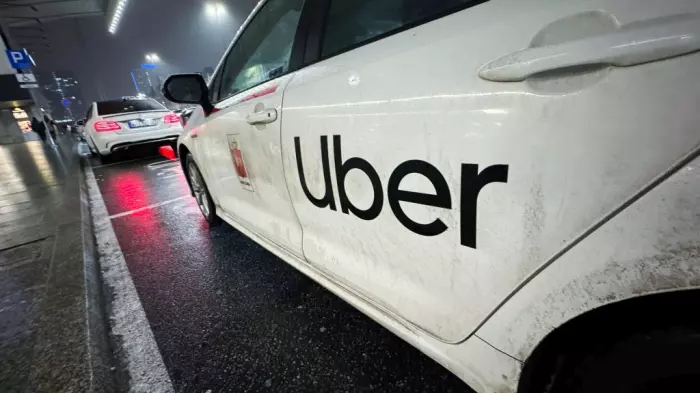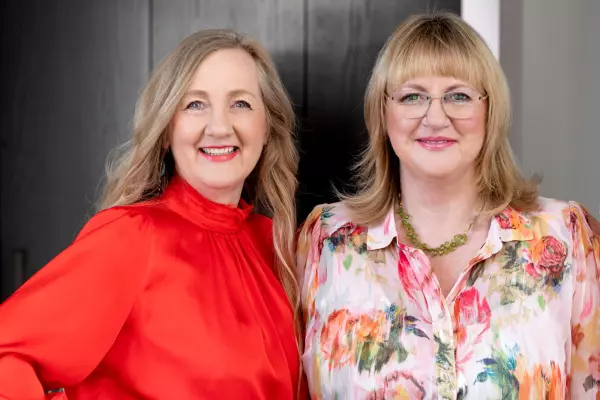Ministerial advisers were briefed about potential reputational risks to the government if officials offered $600,000 to a trust fronted by mental health campaigner Mike King.
The Key to Life Charitable Trust was awarded the money via the one-off mental health and wellbeing innovation fund launched by the Ministry of Health last year. The grant followed months of King lobbying the government to provide funding to support youth counselling service Gumboot Friday.
The ministry has said the fund wasn’t created because of King.
BusinessDesk has investigated the circumstances which led to the creation of the fund and how, because of its nature as a pilot, usual government tender processes didn't need to be followed. One other organisation, Mates in Construction, was also offered $600,000.
Key to Life fundraises for, and runs, Gumboot Friday, a service connecting young people under 25 with free counselling.
In an email to ministerial advisers to health minister Andrew Little last August, ministry executive Robyn Shearer said: “The minister would need to be aware of the optics of this, with two providers when many other charities would value the opportunity to seek funding.
“This may cause some reaction in the public arena.
“Mike King has stated publicly he would not accept government funding even if it was offered – the likelihood of negative communication and reputation for the government may be high, given the communications that have been in the public arena.”
The email was initially withheld in response to an Official Information Act (OIA) request made by BusinessDesk last August. It was released last week, following a complaint to the ombudsman. As Little explained in an accompanying letter, the information was no longer subject to a live procurement process and the decision-making period had ended.
Concerns flagged
In her email, Shearer also outlined concerns held by the ministry about Gumboot Friday.
“There are a number of concerns the ministry has about the way the service is offered – whether counsellors are associated with a professional body, ensuring safe follow-up is part of the programme support, understanding that counselling can be harmful – therefore screening for counselling is important, and parental consent,” she said.
“Addressing these concerns would be part of the assessment process. This may or may not be supported, as necessary, by Gumboot Friday and may also cause provocation in challenging their model of delivery.”
BusinessDesk has also obtained Key to Life’s application for the funding, dated Aug 15, 2021.
In it, the trust noted that $600,000 would pay for about 4,285 counselling sessions, based on an average cost of $140 per session. The application also said sessions were limited to two per person.
However, as King has since explained publicly, the ministry wouldn’t allow the $600,000 to be used for counselling. This was because counsellors delivering Gumboot Friday services, while members of their respective professional bodies, aren’t regulated under a specific act. The trust was able to use the money for other things, such as platform innovation and administration.
In June this year, King said the money was “sitting in the bank untouched” during an interview on The Platform, prompting the ministry to seek an explanation. King explained to BusinessDesk that he had provided incorrect information.
The first instalment of $300,000 had been used to develop essential research and analytics, King said in June, providing real-time measurement of project outcomes and counsellor resource allocation.
The trust was still working through projects to be funded with the remaining $300,000.
Concerns addressed
King is no longer a current officer of the Key to Life Trust, but remains a spokesman. In a statement, he said the ministry knew that all counsellors and therapists on the Gumboot Friday platform were registered with professional bodies, including the New Zealand Association of Counsellors (NZAC).
“Ironically, the counsellors Ms Shearer has expressed concerns about have just been approved by her ministry to work within our health sector to relieve pressure off the current underfunded and under-resourced system via the NZAC opt-in programme,” King said.
The programme referred to by King was announced by Little in late July in a bid to bolster the number of counsellors in the publicly-funded health workforce. It provides an accreditation pathway for NZAC counsellors to become registered to work in publicly-funded clinical roles.
The trust was supportive of the change, King said.
Asked if Gumboot Friday had a screening process to determine eligibility, he said the programme didn’t run on the ministry’s “reactive model of care”.
“Gumboot Friday is a proactive and accessible service where young people can talk to a trained professional about ‘little problems’, before they become ‘big problems’, before they become suicidal thoughts.”
Young people who booked a counselling session through the platform were seen, on average, in under a week, King said.
Asked if the trust provided follow-up care, he said: “Anyone who uses our service has our contact details. If they need help, we assist.”
Counselling sessions were allocated in lots of two, but the trust would approve additional sessions at the request of counsellors, King said.
Dr Arran Culver, acting associate deputy director-general for mental health and addiction at the ministry, said the concerns noted by Shearer in the emails related to counselling being a self-regulated profession.
“This has been a longstanding concern for the ministry, and the recent scope of practice and opt-in accreditation pathway that we have developed with the [NZAC] allows, for the first time, counsellors to become accredited to work in publicly-funded clinical roles.”
Culver said the ministry had made the final payment to Key to Life and was in the process of ending the contract.
“This process includes review discussions.”


